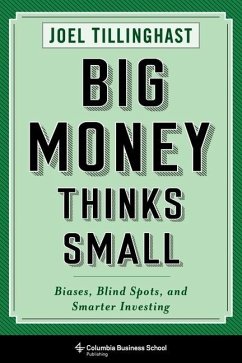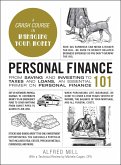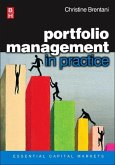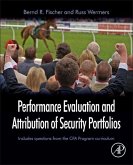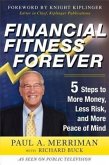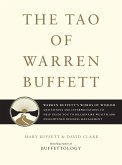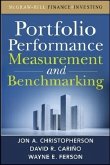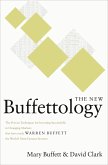Investors are tempted daily with misinformation. They make lucky bets that breed false confidence, and their high-stakes gambles can take an emotional toll. How can anyone stay focused in such a volatile profession? In Big Money Thinks Small, veteran fund manager Joel Tillinghast urges investors to act cautiously and follow five primary steps to successful investing: (1) know yourself; (2) make decisions based on your own knowledge; (3) select trustworthy and capable colleagues and collaborators; (4) avoid businesses that seem destined to fail; and (5) always search for bargains. Patience and methodical planning will pay far greater dividends than rash, bold investments. Through sensible instruction, Tillinghast teaches readers how to ask the right questions in any investing situation and think objectively and generatively about portfolio management.
"Tillinghast provides a very useful checklist of the required due diligence of investments, the tenets of value investing, the need to more carefully understand the culture and rule of law of foreign countries before investing in them, and how to stay within your circle of competence." David Kass, University of Maryland

